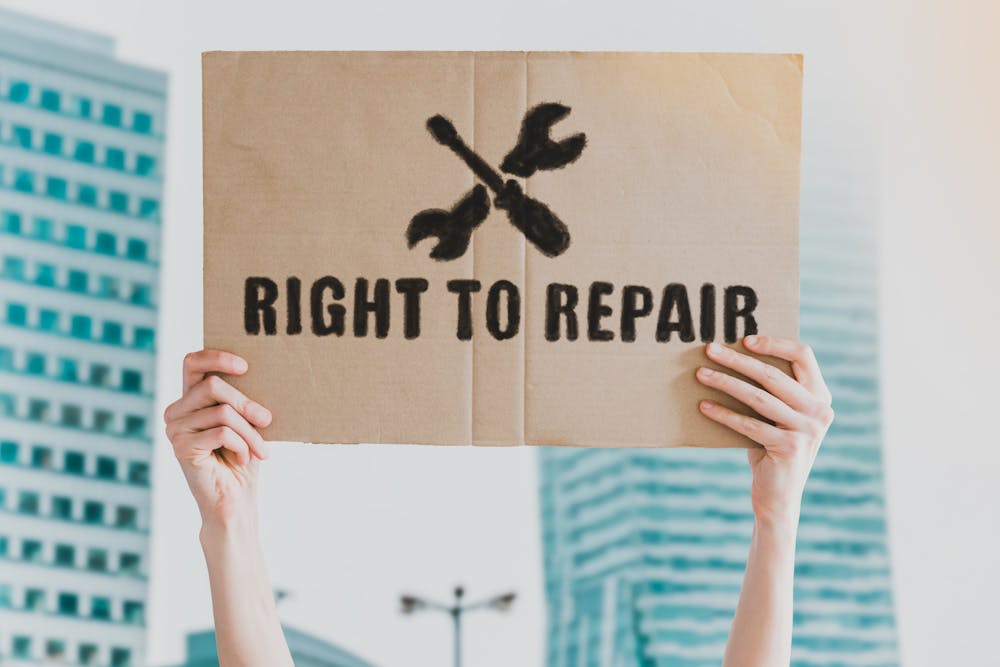
The right to repair movement has been making waves across the globe. However, it has been facing tremendous opposition and resistance from tech giants like Microsoft and Apple. Here’s all about the movement that can revolutionize how we utilize our tech to its fullest.
What is this movement all about?
The right to repair movement started sometime in the 1950s, at the beginning of the computer era. It advocates the rights of the consumer to be able to repair or fix their electronic gadgets. The movement as a whole aims to get tech companies to make tools, spare parts, and repair manuals accessible to the public. This can help consumers and repair shops fix devices and extend their life span.
The average life of a gadget
Almost everyone buys an electronic gadget, knowing that it will become obsolete as soon as the manufacturer releases a newer and futuristic version of the very device they just bought. You’ve probably noticed how your devices become slow, start hanging or have ‘unsolvable’ issues as they get older. At this point, repairs are either not possible or not worth the price tag associated with it. So, you end up ‘upgrading’ your device.
Several countries are trying to pass a right-to-repair law that will let consumers fix their devices. The UK introduced a right-to-repair law that makes it easier for people to buy and repair everyday-use gadgets like washing machines, refrigerators, and televisions. On Friday, President Biden signed an executive order which can change things for the better. According to it, the Federal Trade Commission (FTC) must restrict limitations made by manufacturers that stop consumers from repairing devices on their terms.
Why are tech giants against the right to repair movement?
Tech giants like Microsoft, Apple, Tesla, and even Amazon have spent the last few years lobbying against this law. Surely, this will put a hindrance to their sales as people will no longer have to ‘upgrade’ their devices every couple of years. However, they argue that they will have to open up their intellectual property to both amateur repairmen and third-party repair services. They also believe that this will threaten data and cybersecurity.
“We wouldn’t have had an Apple had I not grown up in a very open technology world,” said Steve Wozniak, the co-founder of Apple. The company has long been criticized for not allowing third-party repairs. Additionally, it also does not offer spare parts or manuals for fixing Apple products.
